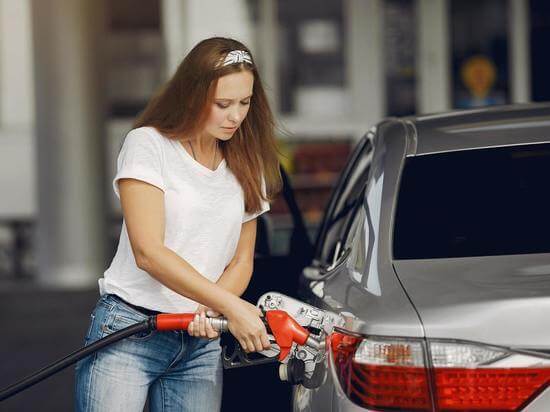After reaching an agreement in the dispute over the registration of internal combustion engine cars in the EU, the German Minister of Finance, Christian Lindner, wants to reform the tax system. Cars running on climate-neutral synthetic fuels – so-called E-Fuels – should in future be taxed less than cars running on petrol or diesel, the FDP leader said in an interview with Deutsche Press-Agentur.
“If the fuel is climate-friendly, the taxation on vehicles and on energy must be adjusted.” Lindner said the Ministry of Finance will present an appropriate concept in this regard.
“It will be some time before we see such cars on the roads,” Lindner said. “But for people and the economy, an important planning parameter will be that E-Fuels will be taxed more favorably than fossil fuels.”
After weeks of discussions on the future of combustion engine vehicles, the German government has reached a compromise with the European Commission. According to the ruling, new cars with such engines can be registered in the EU after 2035 if they are powered by climate-neutral fuel.
What is e-fuel?
E-Fuels or Electrofuel, including the so-called. “e-kerosene” (e-kerosene), “e-methane” (e-methane) and “e-methanol” (e-methanol), is produced by the synthesis of captured carbon dioxide and produced hydrogen from renewable energy or CO2-free electricity. Unlike traditional fossil fuels, it releases no additional climate-damaging gases. However, critics of this technology insist that e-fuel is very expensive and difficult to manufacture. For example, the authors of a publication in the journal Nature Climate Change showed that running an e-fuel car requires about 5 times more renewable electricity than a battery-powered electric car.


